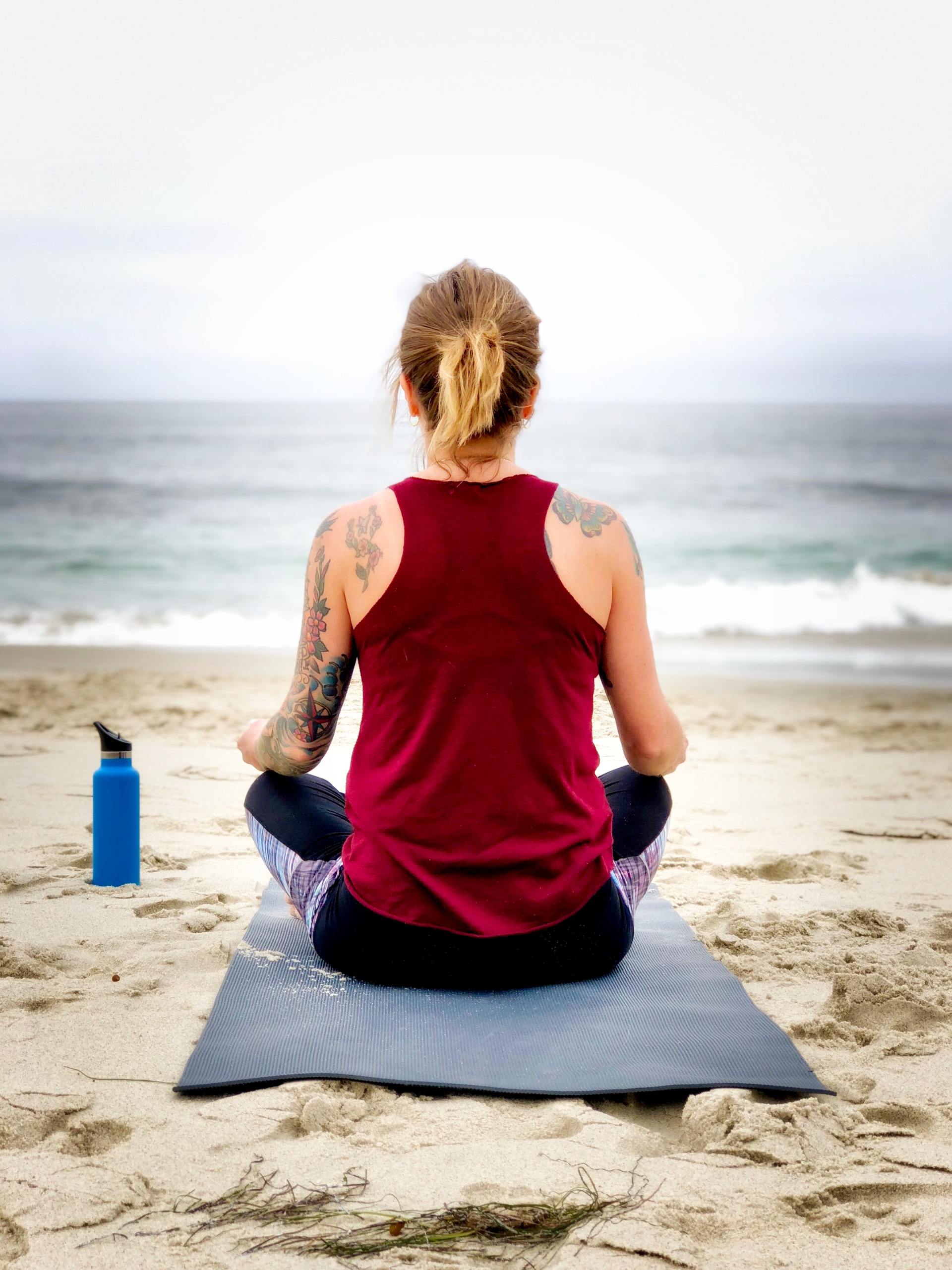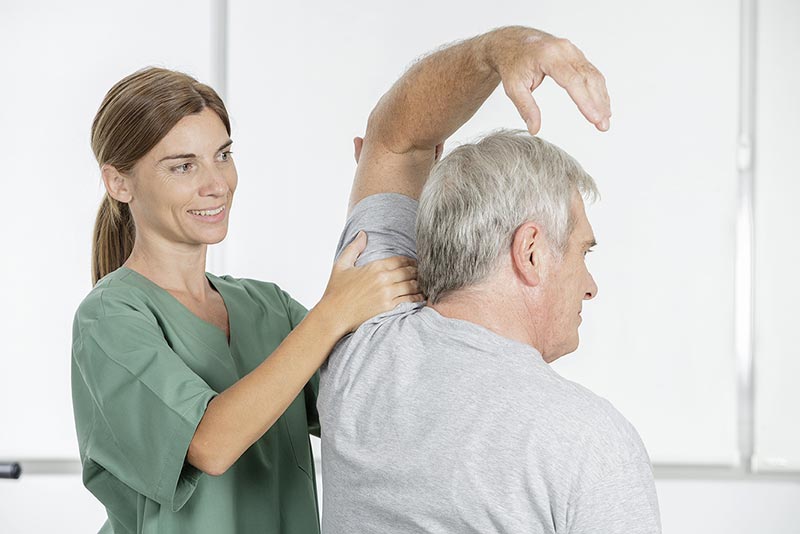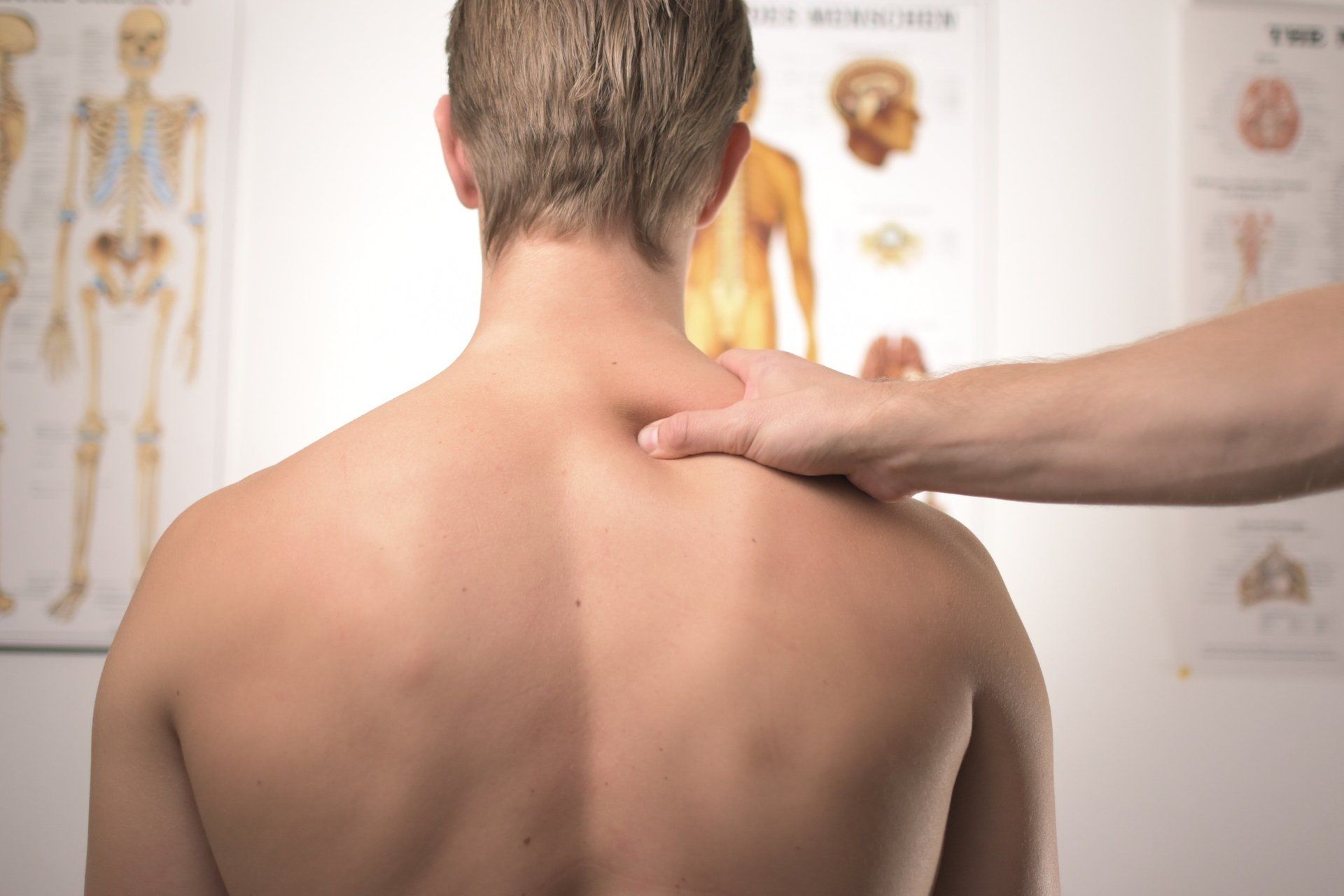


August Is Tradies Month
Seven out of 10 tradies consider themselves fit and try to eat healthily - challenging the pie eating, chocolate milk drinking stereotype - but a persistent blokey culture is leading to serious injury. The Australian Physiotherapy Association’s annual survey, released today to mark Tradies National Health Month, revealed some concerning attitudes amongst tradies and a disconnect between their attitudes to work and sport.
APA National President Phil Calvert says “Our research shows that of those tradies who exercise or play sport regularly - more than half will spend a few minutes stretching and warming up because they know this helps reduce injuries. Yet when it comes to starting work for the day, in many respects another type of ‘sport’, less than a quarter will warm up, even though they know it could prevent stiffness and soreness at the end of the day.”
“When we dug deeper we found the majority of tradies were open to the idea of warming up if they felt their boss would be supportive of it. So there’s a real opportunity for trade employers to take a proactive position and encourage their employees to spend a few minutes each day getting their bodies warmed up for the physical work ahead.”
“It’s a bit like wearing hi-vis clothing on work sites - it’s become very much the norm over the past 10 years because we know that it makes workers safer; it should be the same for stretching before the work day starts.”
“Tradies are at particular risk of a range of injuries as a result of the intensity and repetitive nature of their work, so it’s important that they put these preventive health measures in place and get help before little niggles turn into more chronic issues. In this respect physios can be a tradies best friend.”
The Tradies Health Survey 20191 highlighted the blokey culture still symptomatic of many Australian tradies, including:
- 88% reported taking good care of their tools while just over 60% said they take good care of their bodies and mental health
- Only one quarter of tradies felt comfortable talking to co-workers about a mental health issue affecting their work, while just over half (53%) were open to discussing physical health concerns.
- Believing that it is normal to be sore as a result of the work they do (69%)
- Pushing their bodies past their healthy limits (42%)
- Not following safe lifting guidelines (32%)
- Almost half (48%) hadn’t taken a sick day in the past six months
Mr Calvert said “While tradies appear reluctant to open up to their workmates and bosses about mental health issues in particular, the majority (73%) said they wouldn’t think any less of their workmates for taking time off for mental health concerns. So it seems they have tougher expectations of themselves than their co-workers.”
“At the end of the day we all want to go home safely to our families, so tradies should look at all options to make sure they are in the best physical and mental shape to get through the day. That might include warm up stretches at the start of the day and open dialogue with bosses and co-workers about personal injuries or issues affecting their work.”
Tradies National Health Month is an annual awareness campaign that focuses on the health of Australian tradies and the benefits of physiotherapy to support better health outcomes.

Send me a Message
We will get back to you as soon as possible
Please try again later
All Rights Reserved | Holistic Touch Physio





